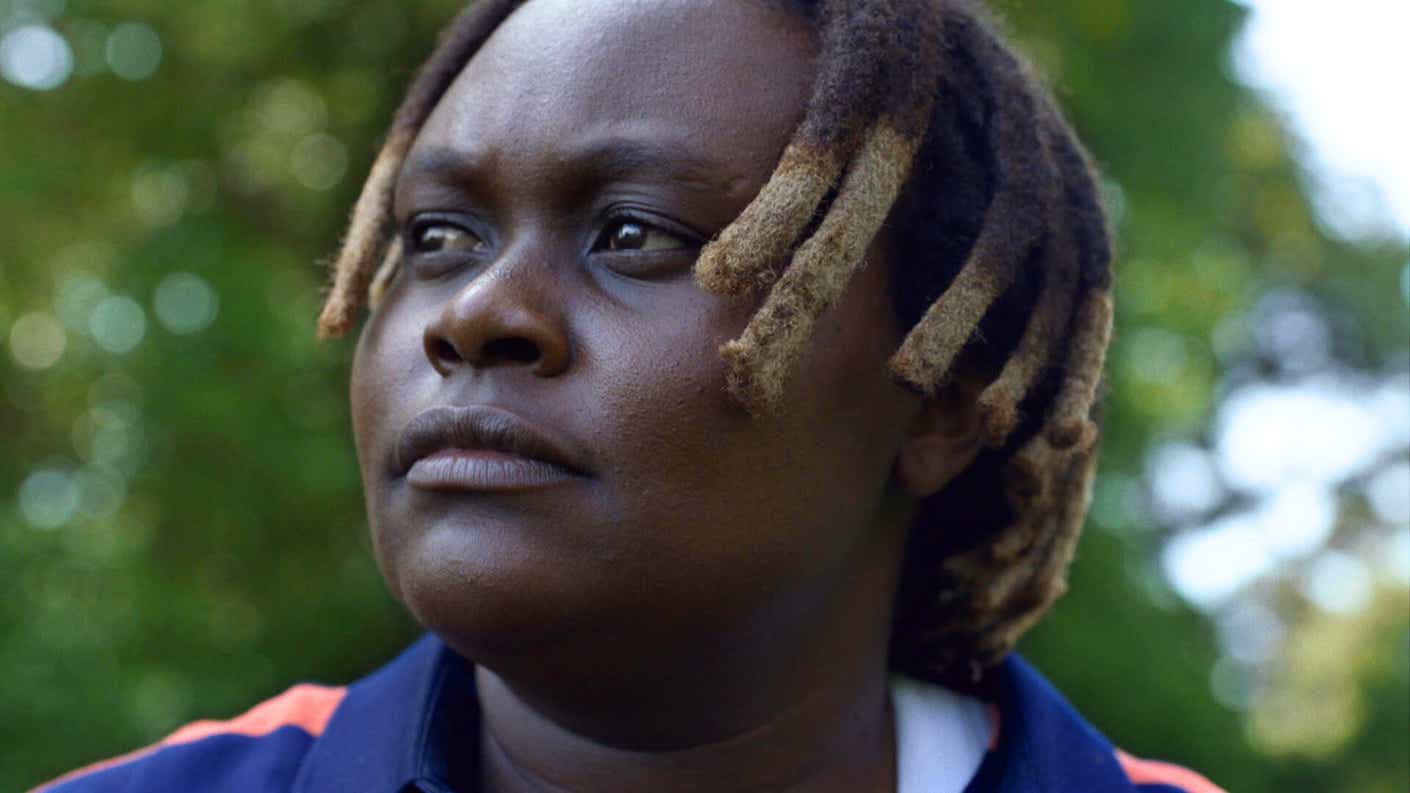We’re used to environmental films that lecture the audience on the politically fraught, large-scale stakes of climate change. But Farhoud Meybodi’s new documentary series, Earthbound, is different: Each episode focuses on the life of one “changemaker” who’s on a mission to solve climate- and pollution-related problems in their community. Created in partnership with Masako and Momoko Ogihara from Hummingbirds Global and Orlando Bloom at Amazing Owl, Earthbound aims to make change through human stories.
We asked Meybodi about this stirring, incredibly inspiring series, which profiles people like Nzambi Matee, a Kenyan innovator who’s found a creative solution to the plastic-waste crisis in Nairobi. Meybodi explains why Matee’s story — like that of the other changemakers he profiles in Earthbound — has the power to heal Americans on both sides of the political divide.
KCM: How did you fall in love with making movies?
Farhoud Meybodi: I didn't go to film school, but I've always loved films. My family were immigrants from Iran, so film was how I learned about American culture. I was born and raised in L.A. and never really felt like I belonged, so films were a safe space for me to really dive into different dimensions of our society. But I always saw myself as a business person — that's probably because my parents always wanted me to be one.
But when I was 27, I had a near-death experience where I almost drowned in the ocean, and it transformed my perception of the world and myself. A lot of people thought I was crazy — I was a "suit," and then all of a sudden, I was reading every book I could find about directing and writing.
Earthbound focuses on “changemakers”: Why did you decide to tell stories about individual human beings instead of big themes?
I'm a human storyteller; I want to unify people. I thought, If I want to make something about the environment, How do I do that? And right now, if you get a liberal and a conservative in a room, they don't have a lot to talk about. So I thought, What if we could focus on amazing people around the world from humble beginnings who saw a problem, had an idea, and did something? That could inspire unity.
[Nzambi Matee] lives in Nairobi, where they have a plastic crisis. She lives a couple of miles away from the biggest landfill in East Africa, where 100,000 people live and work — sifting through garbage to find plastic and then selling it. Nzambi wondered, “What’s the pathway for plastic to become something useful and helpful?” So she started making plastic paving bricks.
How long were you filming in Africa?
A month or so, but it initially took six or seven months of conversation for Nzambi to be open to even being in the film. She's been covered by a lot of media platforms and didn't have a great experience in the coverage that she received, because it was very one-dimensional.
When I approached her, I said, “I've watched all this content about you, but it's all about your business, not about what you believe. We'd love to share your story, but really we'd love to share the story of your community.” Nzambi is a part of the Kamba community, a rich matrilineal society with an oral tradition. I [told her], “I want your grandmother to be the first voice anyone hears [in the film].” To the Kamba, the grandmother is the elder and the storyteller. That's how their stories start.
The idea was to create a narrative not just about Nzambi’s business, but about how she got there, and modeling healthy leadership.
How do you envision the impact of Earthbound?
When most people participate in entrepreneurship, all they want to do is build a massive company and make a load of money. I want to scale impact. There's a direct impact when you film something: When we shot Earthbound, our crew was more than 85 percent Kenyan. We’re hiring people from the community, putting money in their pocket, giving them opportunities, and investing in that place. And 90 percent of the main characters are female — that’s impact.
We also have the Earthbound Foundation, which is a platform for creating change, specifically as it relates to three key areas: women's empowerment, entrepreneurship and innovation, and environmental sustainability.
And — this is a provocative part — we also want to fund these changemakers. Nzambi is making plastic bricks, but she wants to make plastic building blocks to build houses. We created a GoFundMe and at the very end of [the first] episode, there's a QR code and a message saying, “If you want to help [her] build plastic houses, donate.” We’ve [already] raised around $4000.
To make cultural change, you have to make people feel a sense of unity and joy about the environment. Joy is provocative — if you want people to change, the pathways are empathy and love.









